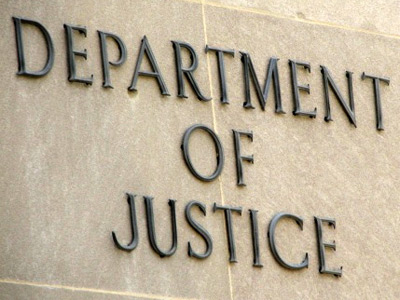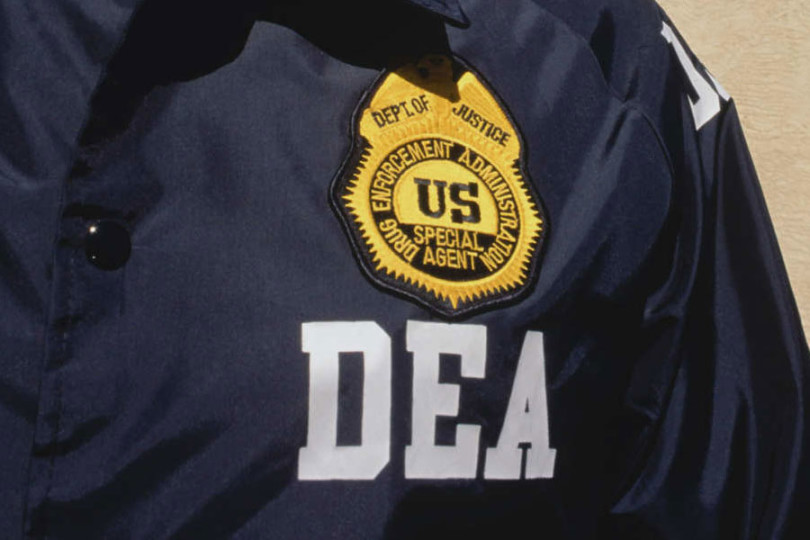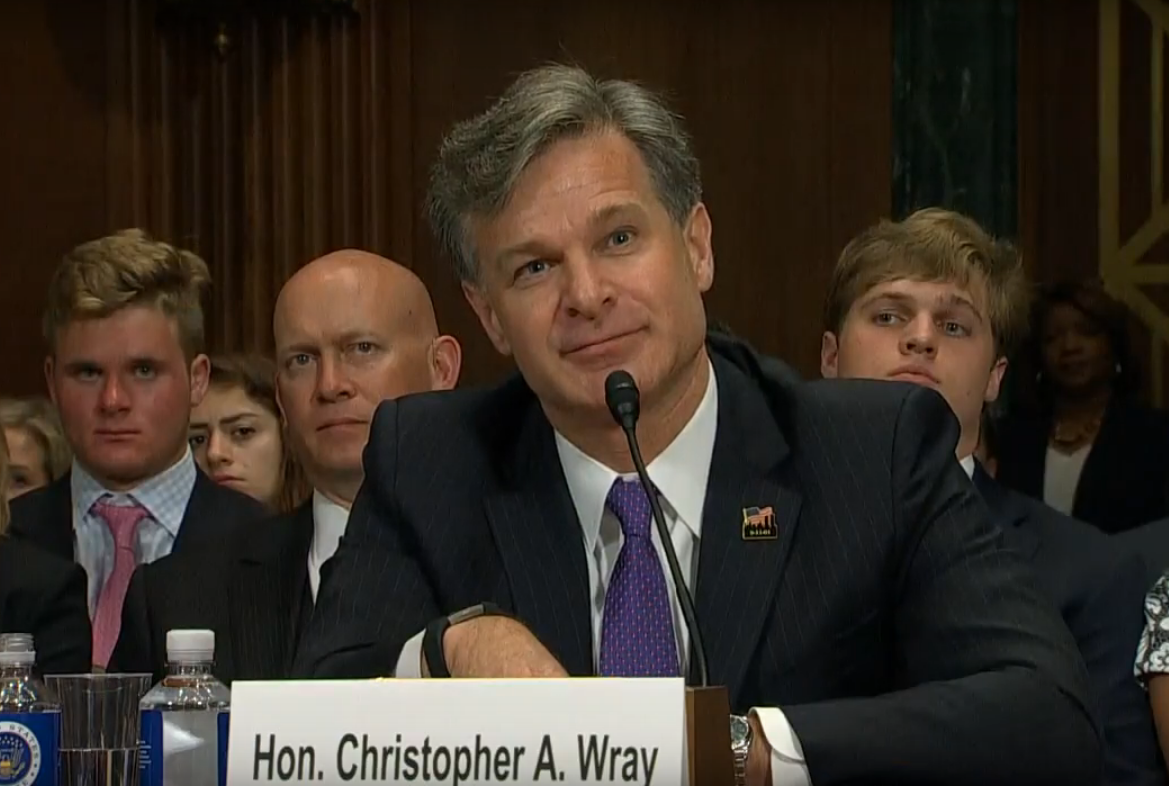 By Steve Chapman
By Steve Chapman
Chicago Tribune
The most memorable moment of the recent Democratic National Convention was when the father of a Muslim U.S. Army captain killed in Iraq demanded of Donald Trump, “Have you even read the United States Constitution? I will gladly lend you my copy.” Conservatives, however, also revere our founding document. At the first tea party rallies in 2009, attendees waved copies.
But the Constitution is not self-enforcing, and one important section has eroded to the point of invisibility: the Fourth Amendment. It says, “The right of the people to be secure in their persons, houses, papers and effects, against unreasonable searches and seizures, shall not be violated.” In much of America, that guarantee is an empty promise.
The latest evidence came in a report on police practices in Baltimore, issued Aug. 10 by the U.S. Department of Justice after an investigation spurred by the 2015 death of Freddie Gray. It documents that the city’s law enforcement officers operate with virtually no regard for the Fourth Amendment.
In 1968, the U.S. Supreme Court ruled that cops may stop someone when they have reasonable grounds to suspect criminal activity and, if they have reasonable grounds to think the person is armed, may frisk him lightly to detect weapons. They may not stop anyone they please, and they may not vigorously search a citizen’s clothing and body without a good reason.
The court intended to empower police only within strict limits. It emphasized, “No right is held more sacred, or is more carefully guarded, by the common law, than the right of every individual to the possession and control of his own person, free from all restraint or interference of others, unless by clear and unquestionable authority of law.”
But the Justice Department found that in Baltimore, police routinely stop people on the street without reasonable suspicion, conduct physical searches that lack adequate grounds and exceed legal limits, and arrest people without justification. Each of these practices is more than a mistake: It is a violation of fundamental liberties at the heart of what it means to be an American.
To read more click here.





